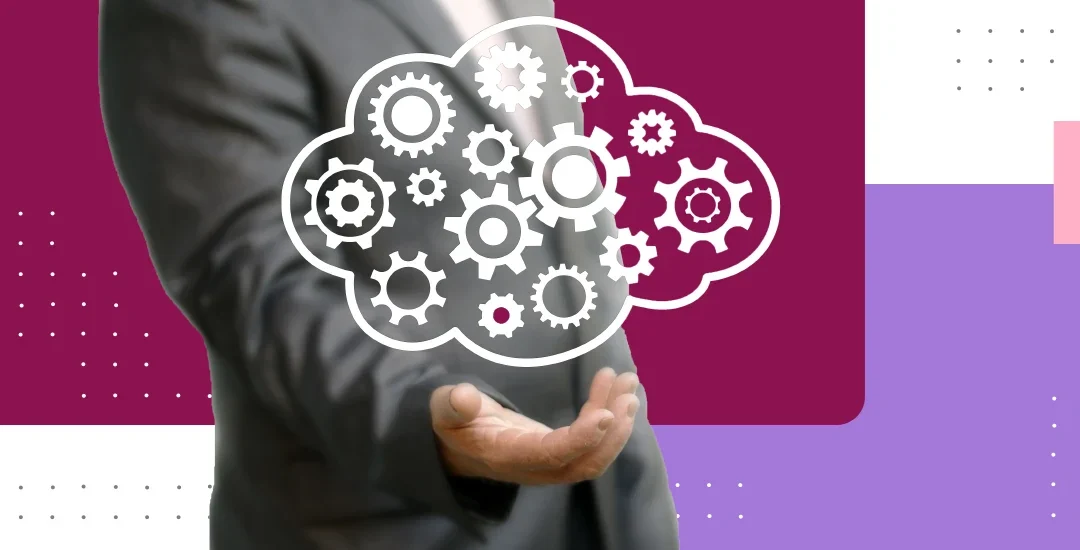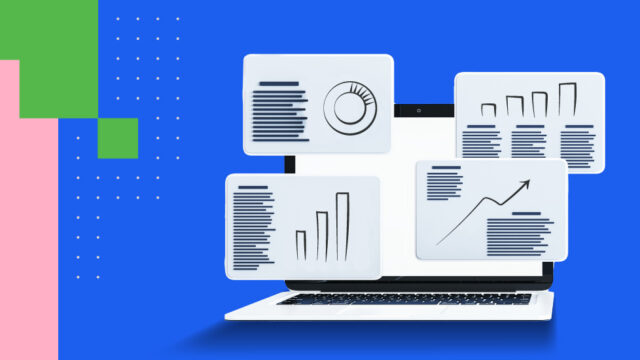
A Beginner’s Guide to Cloud Accounting
Is your firm ready to shift its technology investment to cloud accounting? Explore how cloud software can revolutionise your firm.
Organisations are rapidly shifting their technology investments away from on-premise hardware and software towards cloud computing solutions. Gartner, a global technology research firm, recently forecasted that worldwide end-user spending on public cloud services would grow by more than 20 percent year-over-year to reach a staggering $679 billion in 2024.
Accounting firms are no exception to this trend. A combination of business benefits and evolving client expectations are leading practices to adopt more cloud accounting technology. Caseware’s 2024 State of Accounting Firms Trends Report found that 76 percent of global survey respondents used cloud-only tools or a mix of cloud and desktop solutions to help manage their practices.
Moving your accounting to the cloud can lead to significant cost savings, higher-quality engagements and deeper client relationships.
Cloud accounting defined
Cloud accounting represents a shift from how firms have traditionally deployed their software solutions. In a traditional on-premise implementation, software is installed on local computers or servers at a firm’s offices. All the data processing and storage takes place on-site, meaning accountants must be physically present or have a secure connection to the office to access the software. It also means the firm is responsible for buying, maintaining, upgrading and securing its own servers and software.
In a cloud accounting scenario, a firm doesn’t buy or license its own servers or software. Instead, it partners with an online accounting software solution provider, which – for a recurring subscription fee – securely stores the firm’s data on its own advanced cloud technology infrastructure. Employees can then access the programs they need through a browser or portal. While accountants still do all their work on the devices they’re accustomed to using, their data is stored securely in the cloud. This means they can access it anywhere – at the office, at home or on the road.
Benefits of cloud accounting software
Organisations have realized the benefits of cloud accounting in recent years and increased their adoption of the technology. Some of the advantages cloud accounting offers include:
- Cost savings – Firms that invest in cloud accounting solutions don’t need to buy their own servers, install their own software or maintain their equipment. Instead, they pay a monthly fee to their cloud solution provider. If the firm grows, it doesn’t need to buy more hardware to support additional staff. It can just purchase more cloud licenses. This makes it simpler for accounting firms to increase or decrease their technology spending, depending on how their business evolves.
- Reduced IT maintenance costs – Investing in cloud accounting software means IT staff no longer need to spend time maintaining, updating and troubleshooting a firm’s servers. Organisations that rely on external IT consultants for their technology maintenance will be able to reduce their spending. Firms with internal IT staff will be able to dedicate them to higher-value technology projects.
- Automatic updates – With cloud accounting solutions, firms no longer need to worry about updating and patching their servers. Their cloud accounting software provider automatically updates their applications, saving time and money.
- Better accessibility – Cloud accounting allows employees to access their files from any location, whether at the office, on-site with a client or at home. This enables them to be more productive.
- Better data security – Cloud accounting solutions are protected by robust security features, such as data encryption, permission controls and multi-factor authentication. This ensures essential data doesn’t get into the wrong hands. Since all data is stored centrally in the cloud, accountants don’t need to copy files onto external hard drives or flash drives, which can be a serious security risk if those drives are lost or misplaced. Finally, data stored in cloud accounting solutions is backed up regularly, meaning it won’t be lost if a computer goes down.
- Improved collaboration – Cloud accounting software allows multiple people to simultaneously work on the same file. This saves time because team members no longer need to work on different versions of the same file and then reconcile each member’s changes. It also eliminates the risk of firms sending the incorrect version of a file to clients.
Cloud accounting solutions make it simpler for accounting teams to communicate and work together. Since all files and data are stored centrally, team members can work with one another from anywhere. They can also work more closely with clients, sending and receiving files and communications through secure cloud portals.
How to move to cloud accounting software
Firms can shift to a cloud accounting solution at their own pace. For example, a firm could keep its desktop accounting applications in place but purchase a service from a cloud provider to allow the firm to store engagement files in the cloud, making it easier for employees to access and share information. As employees become accustomed to the cloud, the firm could gradually transition more data and apps to this environment.
Regardless of how quickly a firm decides to shift to cloud accounting, there are several essential steps it should take to ensure a smooth transition:
- Evaluate current accounting systems – A firm needs to assess its existing accounting software and its processes. Only then will it be able to decide what features and functionality it will need from a cloud accounting solution.
- Research cloud accounting solutions – Once a firm has established what it needs from its accounting software, it should examine the market to find a provider that meets its needs and budget. Essential considerations include feature set, scalability, user interface ease-of-use and customer support.
- Migrate data from on-premise to the cloud – Once they’ve selected a provider, a firm must migrate its existing data from its on-premise hardware to the cloud. Firms can start with a sample data set or select specific client engagements to test on their new cloud platform before committing to a full-scale migration.
Migrating to the cloud may involve data cleansing – ensuring the format of the firm’s existing data is compatible with the format used by its new cloud accounting software. A firm and its cloud provider must work together closely on this step to ensure there’s no data loss.
- Train staff – Once its cloud accounting system is set up, a firm can work with its cloud accounting partner to train its staff on the new system. Employees will need to understand the cloud software’s features and functionality, how they access those features and how they can best use the software to maximize their productivity.
- Switch over to the cloud – Once all the testing and training are complete, you can shift entirely to the cloud. Monitor your cloud accounting solution’s performance closely during the early stages to identify and fix any issues.
A transformational change
The growing use of cloud accounting software is reshaping accounting practices, allowing them to complete work more quickly, improve the quality of their output and act as trusted advisors to clients by offering them more profound insights. Switching to the cloud does take time and commitment, but its benefits make it a worthwhile investment for firms. For practices seeking to modernise their audit and accounting functions, Caseware Cloud offers one secure integrated platform that meets all engagement, analytics and practice management needs.
Caseware Cloud boasts more than 85 cloud applications and tools, along with seamless integration with other Caseware offerings like Caseware Working Papers and Caseware IDEA, as well as other external architectures.








